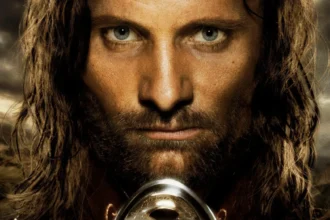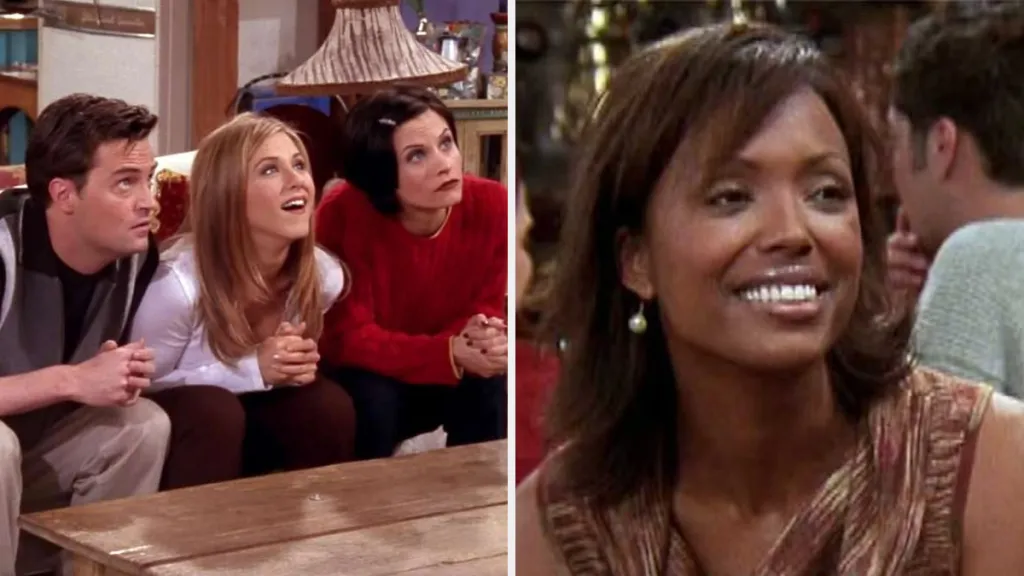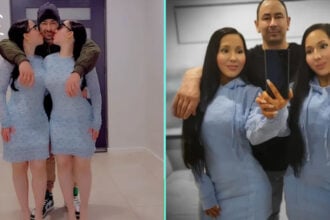Atonement star Keira Knightley, who has previously starred in Pride & Prejudice, has opened up about struggles she experienced following becoming a worldwide star.
Just 17 when she became an international sensation, starring in Disney’s hugely successful Pirates of the Caribbean franchise, the English actress portrayed Elizabeth Swann..
Knightley became a household name through the films, which co-starred Johnny Depp and Orlando Bloom. The sudden arrival of stardom became the trigger to public scrutiny so intense that it greatly affected her mental health.

This period of her life, Knightley says since, was “pretty horrific.” Fame has its pressures, she has spoken, as the media relentlessly focused on her appearance damaged her emotionally for life.
The actress was constantly speculated about her weight, and unsupported rumors of an eating disorder.
“It’s obviously part of my psyche, given how young I was when it happened, and you have public shaming that goes with this,” she said.
By the age of 22, Knightley hit the height of her career, but broke down and experienced a mental breakdown and severe anxiety. After taking a year long break from acting, she underwent therapy to process the pressures she had endured, and to recover.

Knightley has spoken candidly on how the fame begins to change your outlook on yourself.
“I felt pretty much like I didn’t exist and I was this weird creature with this weird face that people seemed to respond to in quite an extreme way,” she admitted of this time.
Knightley said hypnotherapy was a necessity to help manage her anxiety during public appearances.
Therapy, she said, helped her to rebuild her confidence and deal with the lasting effects of early fame.
But though Pirates of the Caribbean was challenging, Knightley knows she was very lucky to have been cast in it.
She was nominated for an Academy Award for roles in Atonement and Pride & Prejudice.

But she has also described the Pirates era as a paradox, saying: “They were the most successful films I will ever be a part of, and they were the reason I was taken down publicly.”
Knightley was conscious over the years about shifting her career in a way that would allow her to have more creative control.
She didn’t want to do big budget franchises any more and preferred to do things she felt she could focus on her craft and her own values.
Knightley now juggles work with family life in London. As a woman of two, she puts her children first and works on projects that attach to her in the house.
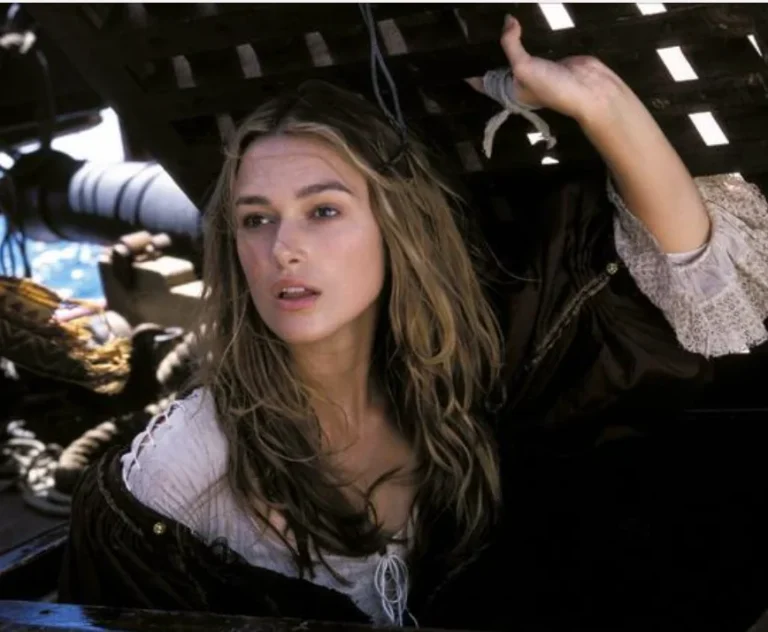
Knightley has also been using her platform to push for things that matter. On gender inequality, motherhood, and the unhealthy impact of fame on aspiring young female celebrities, she has spoken.
She’s grateful for her journey of the last few years. Knightley told Variety: Would I do anything different looking back? No, because I’m unbelievably lucky now and I love my career in a way I really enjoy it.”
However, her revelation about years of therapy really brings to light the real weight of her experience.
Knightley said she sought professional help to overcome the trauma of being the global face of the 15 year Pirates of the Caribbean franchise.
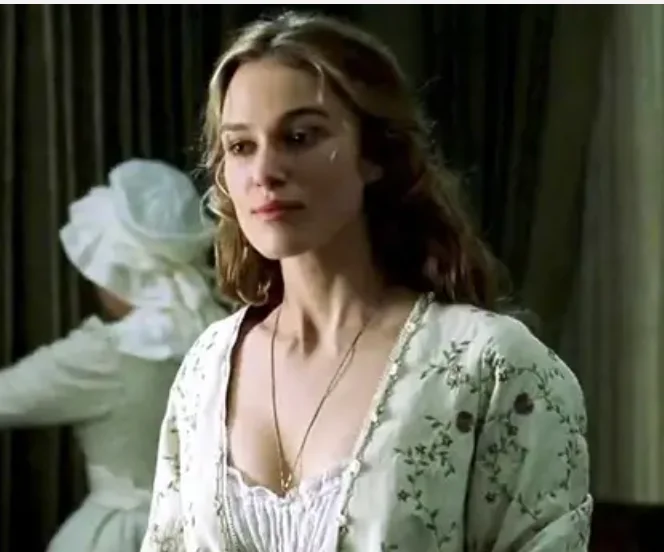
Society was quick to pile on, while she was under such intense scrutiny that she could not cope, because being too black equals being too woman.
But knights of wit are uncommon, as is the openness about the human cost of fame and the required resilience to endure its hardships.
Ultimately, the actress’s journey from the traumatic aftermath of Pirates to a balanced and fulfilling life underscores her strength and determination.
Through her candid revelations, Knightley continues to inspire conversations about mental health and the pressures of fame in the entertainment industry.





